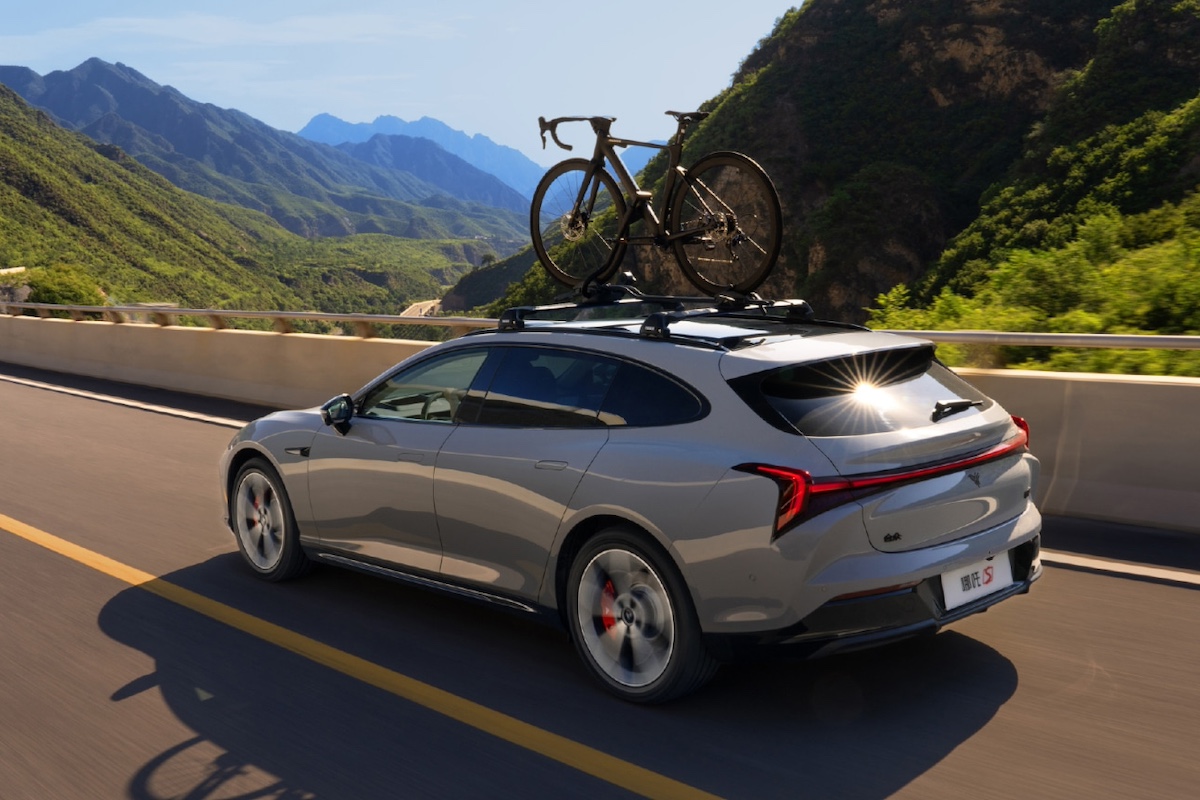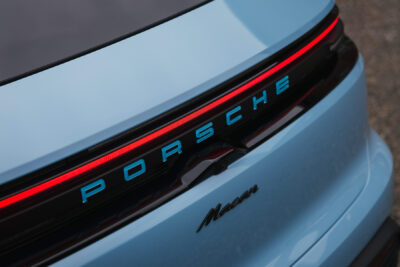Neta S estate celebrates its debut as an electric car
Neta had already started pre-sales for the Neta S shooting brake around a fortnight ago, but initially not as a purely electric car and only as an EREV. The abbreviation stands for Extend Range Electric Vehicle; a car with a range extender that has a small combustion engine on board that does not drive the car itself, but rather supplies the car’s battery with electricity.
However, Neta is now going one step further and has also introduced several fully electric versions (BEV) for the regular market launch of the Neta S estate. The exciting thing about this is that the 800-volt version of the Neta S Kombi is the first model based on the CIIC skateboard chassis from CATL. This means that the changes compared to the sedan will be more far-reaching than expected. According to CATL, the CIIC comprises ‘battery packs, electric motors and other components’ as a complete substructure. However, it is currently still unclear whether or not one of the variants of the Neta S estate now being presented is already running on the CIIC basis. This could most likely be the case with the top-of-the-range 640 AWD Max model.
Regarding the prices and equipment variants of the Neta S Kombi: As a BEV, it is offered in four variants, namely with the designations 510 Air, 510 Standard, 510 Pro and 640 AWD Max. Depending on the variant, prices start at 159,900 yuan, 169,900 yuan, 179,900 yuan and 209,900 yuan respectively. This is the equivalent of a price range of around 20,000 to 26,400 euros.
The most expensive BEV is the most powerful and can sprint from 0 to 100 km/h in 3.9 seconds. The other BEV variants with a CLTC range of 510 kilometres are powered by CATL’s Shenxing long-life battery series, which supports a 3C charge multiplier and can ‘fill up’ a range of 200 kilometres in just 10 minutes of fast charging. As this value alone shows, it is a particularly fast-charging battery with LFP chemistry.
As an EREV, the Neta S Combi is available in two variants: On the one hand, as the 300 Standard from 169,900 yuan (21,300 euros) – that’s 6,000 yuan less than in the pre-sale. And on the other hand as the 300 Pro from 179,900 yuan (22,600 euros). The EREV version of the model has a battery pack with a capacity of 43.88 kWh, with a CLTC battery range of up to 300 kilometres and a combined range of up to 1,200 kilometres.
Neta delivered 11,015 vehicles in July, 9.72 per cent more than in the previous year and 7.93 per cent more than in June, as the company announced on 1 August.





0 Comments